
in this issue
general news
Welcome to the October issue of PSU Press News!
In honor of Indigenous Peoples’ Day, we’re featuring a sale on select books in indigenous studies. Save up to 70% on sale titles when you use discount code IPD23 at checkout. Sale ends 10/15.
In case you missed it, the Penn State University Press Fall/Winter 2023 catalog is now live! View the catalog here to see what we have publishing later this year.
Enjoy!
new & noteworthy
 This Is Your Song Too
This Is Your Song Too
Phish and Contemporary Jewish Identity
Edited by Oren Kroll-Zeldin and Ariella Werden-Greenfield
“Readers of This Is Your Song Too will gain a more nuanced, appreciative understanding of both Jewish and Phish communities, with their deep histories, their varied constituencies, and their rich implications for identity formation—whether readers are insiders to these communities or outsiders looking in with interest.”
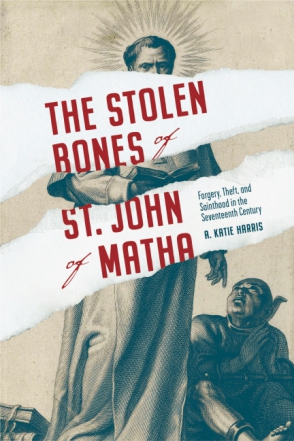 The Stolen Bones of St. John of Matha
The Stolen Bones of St. John of Matha
Forgery, Theft, and Sainthood in the Seventeenth Century
A. Katie Harris
“A very well written and argued microhistory that tells us much about how useful saints were within the post-Tridentine period. It also does wider scholarship the service of reminding even scholars who should know better that the history of relics, true and false, did not end with the Middle Ages. Harris has a mastery of the relevant literature in several languages which is both impressive and used to telling effect.”
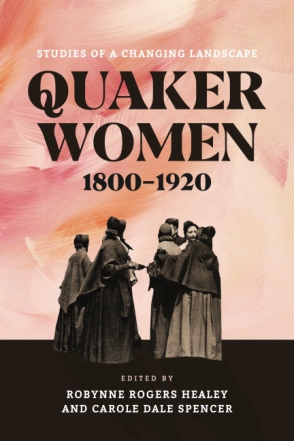 Quaker Women, 1800–1920
Quaker Women, 1800–1920
Studies of a Changing Landscape
Edited by Robynne Rogers Healey and Carole Dale Spencer
“This volume is an engaging overview of the diversity of women’s experiences in a pivotal century for the Society of Friends. The essays offer important new insights on how Quaker women navigated competing religious and social expectations.”
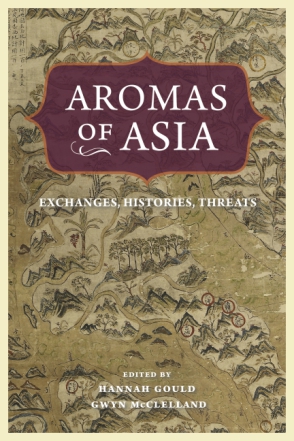 Aromas of Asia
Aromas of Asia
Exchanges, Histories, Threats
Edited by Hannah Gould and Gwyn McClelland
“Aromas of Asia is very much at the cutting edge of the field. Many books on smell engage in a battle with the straw man of ‘smell-as-neglected’ and ‘the West as ocular-centric.’ This book has moved way beyond such simplicities, and through its varied methodologies and diverse topics we emerge with a number of fresh perspectives on smell in Asia.”
subject/series highlight
unlocked book of the month
Each month we’re highlighting a book available through PSU Press Unlocked, an open-access initiative featuring scholarly digital books and journals in the humanities and social sciences. This month’s pick: The Moravian Graveyards of Lititz, Pa., 1744–1905.
new from eisenbrauns
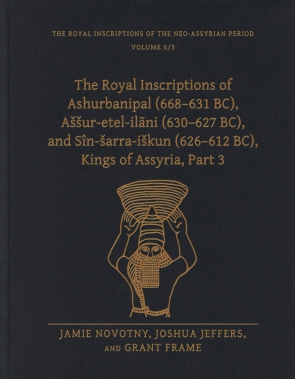 The Royal Inscriptions of Ashurbanipal (668–631 BC), Aššur-etel-ilāni (630–627 BC), and Sîn-šarra-iškun (626–612 BC), Kings of Assyria, Part 3
The Royal Inscriptions of Ashurbanipal (668–631 BC), Aššur-etel-ilāni (630–627 BC), and Sîn-šarra-iškun (626–612 BC), Kings of Assyria, Part 3
Jamie Novotny, Joshua Jeffers, and Grant Frame
This is the final installment in a tripartite critical edition of the inscriptions of the last major Neo-Assyrian king, Ashurbanipal, and the members of his family.
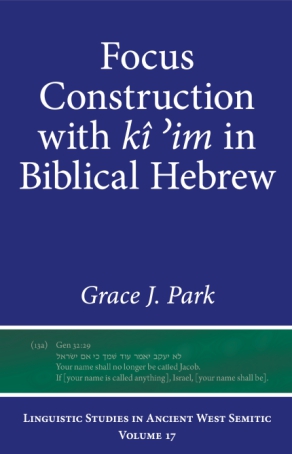 Focus Construction with kî ʾim in Biblical Hebrew
Focus Construction with kî ʾim in Biblical Hebrew
Grace J. Park
In press!
This study uses modern linguistic theory to analyze a frequently recurring syntactic phenomenon in the Hebrew Bible that has thus far resisted explanation: כי אם.
new from graphic mundi
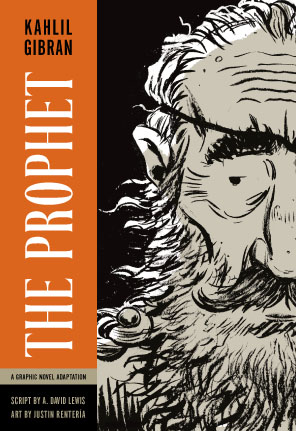 The Prophet
The Prophet
A Graphic Novel Adaptation
Kahlil Gibran, Script by A. David Lewis, and art by Justin Renterķa
| Control your subscription options |


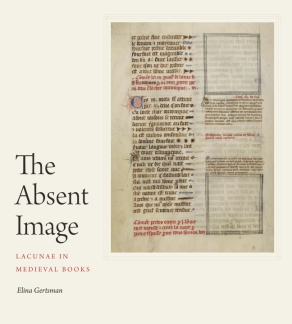
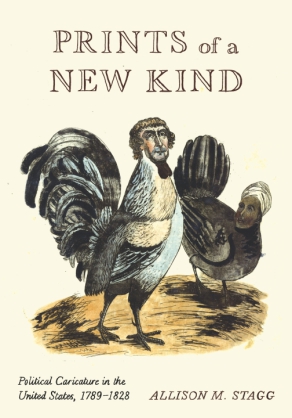
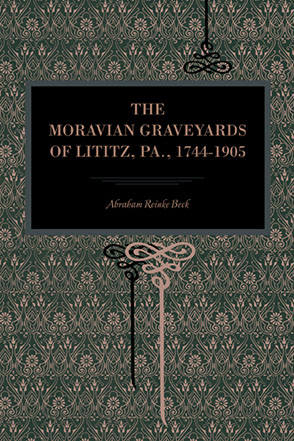
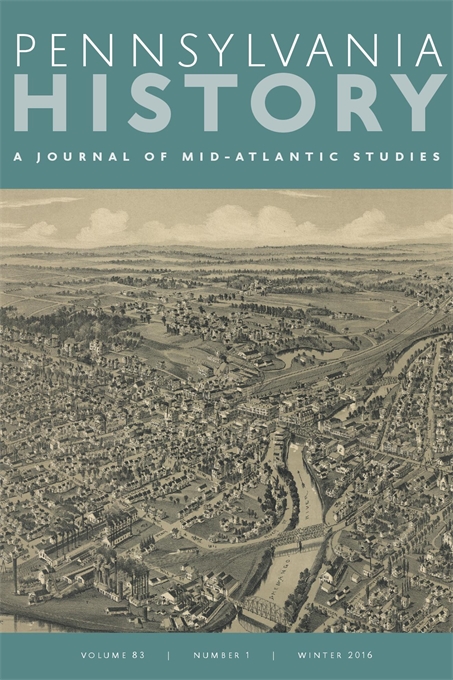
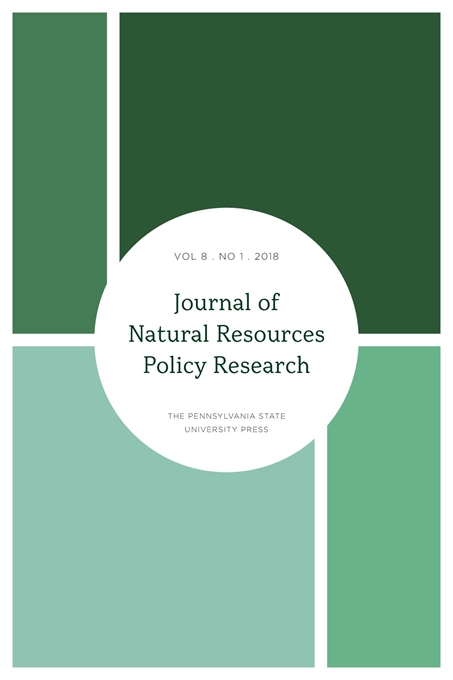
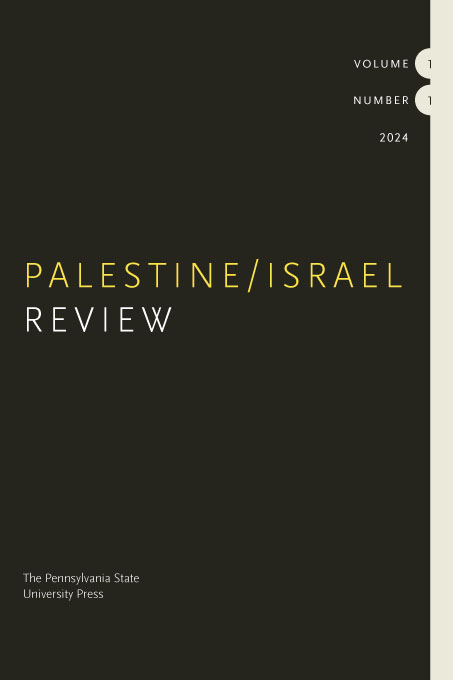
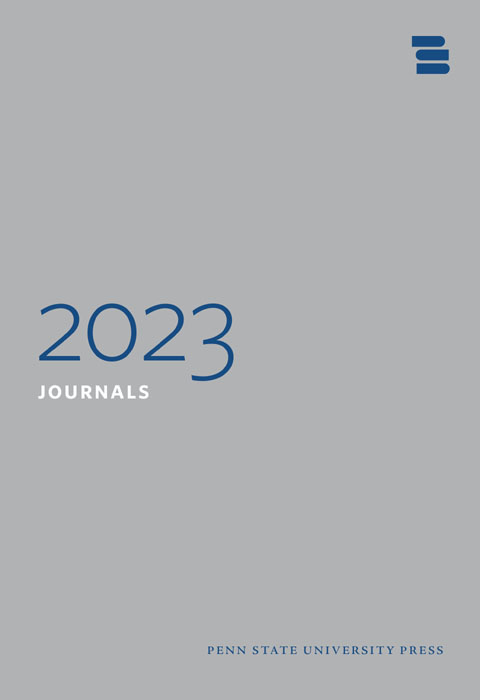
 Nuking Alaska
Nuking Alaska
